It is indeed axiomatic that the written records form the skeletal element for reconstructing the political vicissitudes and cultural matrix of the land. However, the utilization of inscriptions as an adduce to substantiate the theories are quite often proved to be nebulous and arbitrary. The precocious notations bypassing the experimentation of browsing the entire gamut of historical records not only generate misconception in the mind of readers but also supply a distorted picture of history. Therefore, it is found inevitable to study the inscriptions through the process of statistical analysis to overcome the above shortfall. The statistical methodology thus gradually gains currency among the academicians and few attempts made recently in consonance with this, have yielded welcoming results. However, the scheme of analytical investigation concentrated essentially to the Cola and later periods and the coverage of this fascinating experiment is hardly extended to the Pallava period. The present work is an outcome of the author’s endeavour to fill up to the extent possible, the vacuum of systematic analysis of the entire inscriptional data of Pallava period applying the computer technology. The inscriptions subjected to probe in the present work range from last decade of the third century AD to the beginning of the tenth century AD and are distributed in the northern districts of the Tamil Nadu and its adjoining districts of Andhra Pradesh and Karnataka. The author scanned all the epigraphs as much as possible to cull out the following relevant information from them. They are: Proper names, Divinities/ legendary names, Place names, Corporate bodies, Big territories, Tenures, Land, Water sources, Road, Taxes, Crafts and communities, Official designations, Industries, Weights and measurements, Imprecatory terms, Temples, Coins and currency, Technical and Administrative terms, etc. Each classification has many sub-categories. All the information classified so, are arranged chronologically along with related informations. The concordance is so rich that it can be referred to and analysed in various angles and for various purposes.
Cave-Temples in the Regions of the Pandya, Muttaraiya, Atiyaman and Ay Dynasties in Tamil Nadu and Kerala (In 3 Volumes)
Contents: Part-1: 1. ...
$180.00
$200.00

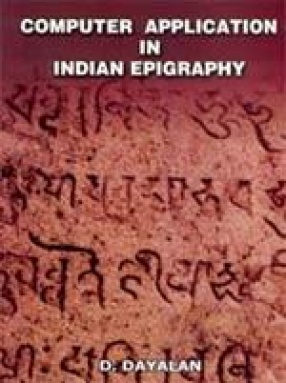
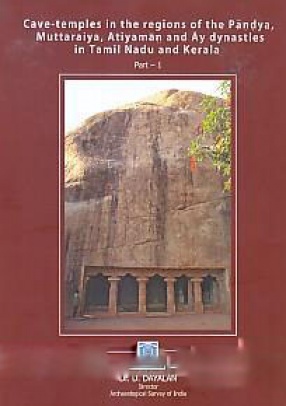

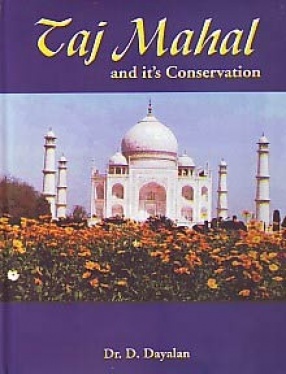
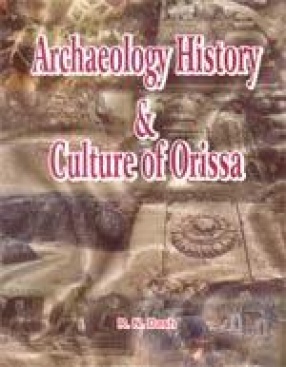
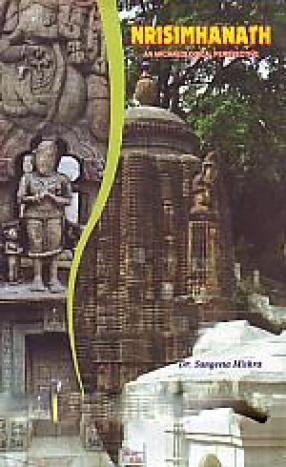
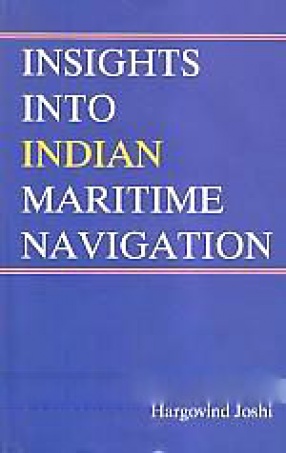
There are no reviews yet.